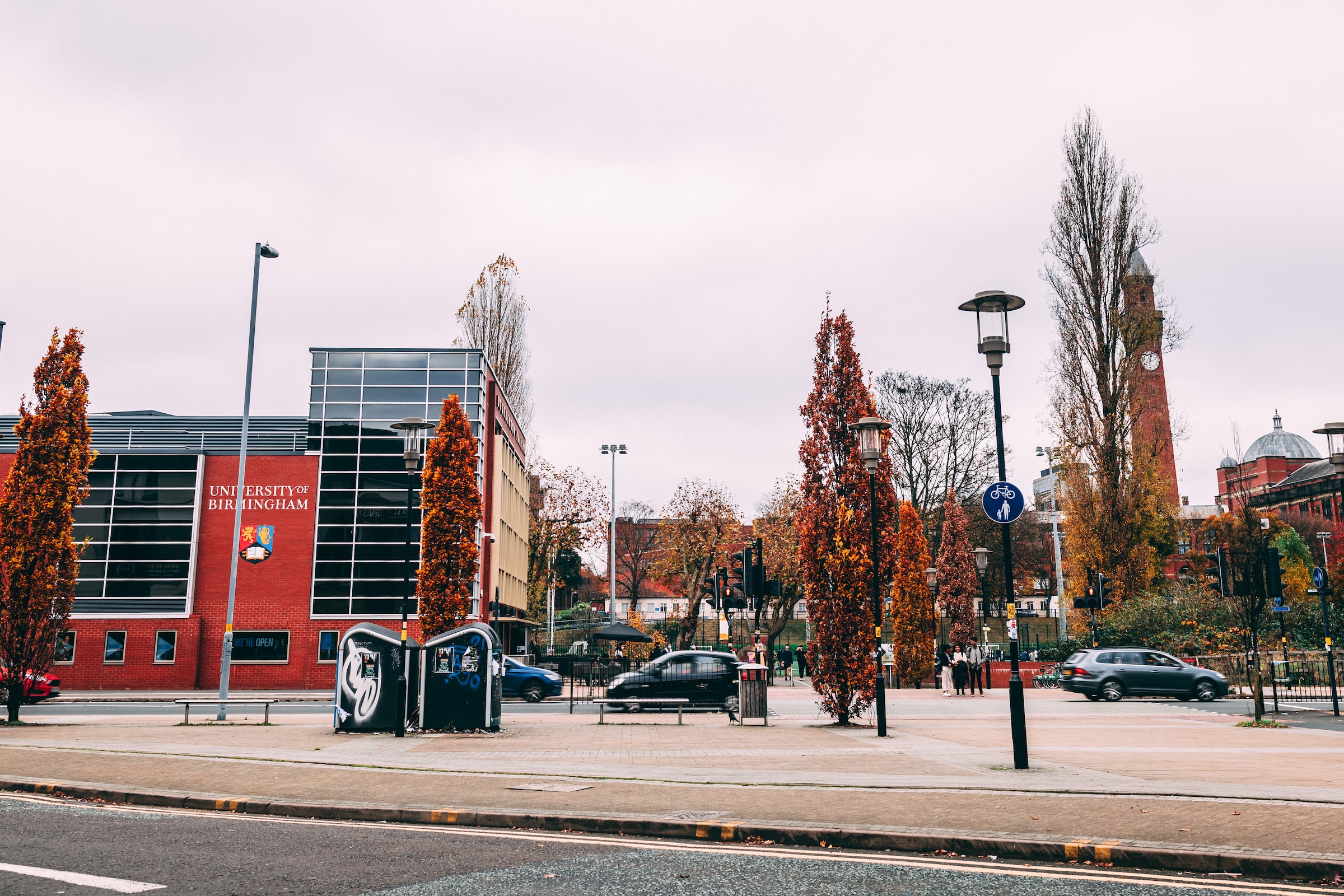
Morgana Chess looks into how the streaming giant is engineering our TV addictions
‘Next episode in 5, 4, 3, 2, 1…’ Oopsie, looks like I’ll just have to watch this one as well. Streaming giant Netflix has perfected the art of producing binge-able content and hooking us into spending hours and hours with our favourite TV shows. 80 percent of the shows that people watch on the platform are found through Netflix’s recommendation system. That means that you’re not making the decision about the content you watch, Netflix is. Or, more specifically, Netflix’s clever algorithms are.
Every action you take is recorded. The shows you watch, the time of day you watch them, what you watched before and after, how quickly you binge a series, the moment you get bored and stop watching, how long you scroll for, and every single click of the pause and play button. This behavioural data is a goldmine for Netflix. Through a detailed tagging system and grouping us into ‘taste communities’, Netflix are able to recommend us content that they know will be exactly our cup of tea. Is Breaking Bad or GLOW more to likely to tickle your tastebuds? After we spend time on the platform, Netflix has this information at its fingertips. If, like me, you share a Netflix account with family members, you’ll understand how quickly the algorithm responds to behaviour; my recommendations heart-breakingly change to the likes of Blue Mountain State and 2 Fast 2 Furious after my younger brother has been streaming.
Netflix know that a picture speaks a thousand words and they have used this knowledge to create a very successful image-based marketing strategy. All of the pictures we see are personalised. Say you are watching Good Will Hunting, and you’re a fan of romantic films, you’re likely to see an image of Matt Damon and Minnie Driver together. If you watch a lot of comedies, an image of Robin Williams would probably be used to hook you in. Netflix knows all.
But it’s not just a case of ‘Netflix recommends’: Netflix creates. Netflix Originals have a success rate of 80 percent compared to other shows with an average of only 30-40 percent. Why? Because algorithms provide a step-to-step recipe for success. For example, Netflix could see a lot of people streaming films directed by David Fincher (such as The Social Network) and films starring Kevin Spacey, and spotted an overlap with those watching the original British version of House of Cards. Suddenly, ignoring the traditional method of a trial pilot episode and bidding $100 million for a full two seasons of a new House of Cards straightaway doesn’t seem so much a risky gamble, but rather a sure-footed success. Netflix can afford to drop whole seasons at once because it knows they will do well, thus creating our modern binge-culture. Big data removes uncertainty, but does it also remove creativity?
Cary Fukunaga, the creator of Netflix’s new series Maniac, describes how certain creative decisions from the writing-room were squashed in response to evidence from the big data: ‘The algorithm’s argument is gonna win at the end of the day’. Will this make everything same-y? Will we get caught in a cycle of churning out the same old ideas whilst neglecting creative human minds? How very Black Mirror. On the flip-side, Netflix’s algorithms also reduce genre-bias since we are not clouded by our own preconceptions and the platform does all the decision-making. So perhaps there are some positives to this mind-reading business. Because at the end of the day, Netflix knows our minds better than we do.

Comments